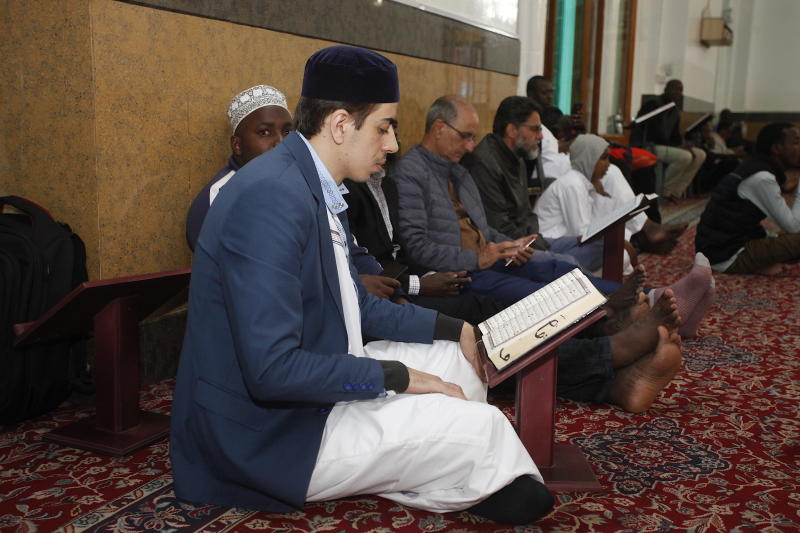×
The Standard e-Paper
Home To Bold Columnists

It is no hidden fact that Obsessive-Compulsive Disorder (OCD) can be troublesome in spiritual times like Ramadhan.
“While Ramadhan is a month of reaping spiritual benefits among Muslims globally, persons with OCD may be affected negatively due to the nature of obsession in their condition thus repeating religious rituals,” says psychologist Timah Khamis.